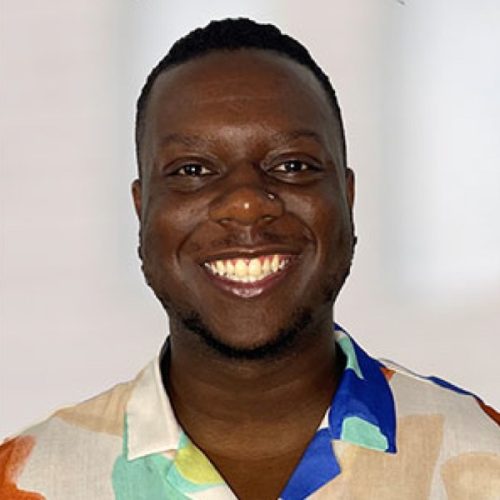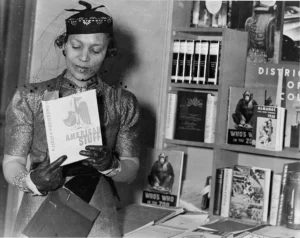They keep trying to write us out of the story.
At this moment in history, federal funding is quietly vanishing for programs meant to improve racial equity. Civil rights organizations are under review, under fire, or systematically erased. A new wave of executive orders and political rhetoric casts racial justice work as dangerous, divisive, or unnecessary.
But Black folks have read this book before. We’ve lived through it more than once. This is a reprint, not a revolution.
We know the shape of attempted erasure. It looks like shuttered schools, silenced dissent and stripped funding. It sounds like the same recycled fear mongering used to stoke division and suppress progress. It feels like déjà vu. But what history has shown, time and time again, is that when the powers that be try to extinguish us, we build new light.
From the Margins, We Built
Black people have always built movements from the margins. When institutions failed us, we created our own. From the Black church to the Black press, from mutual aid societies to freedom schools, every era has witnessed us gathering, rebuilding and refusing to be undone.
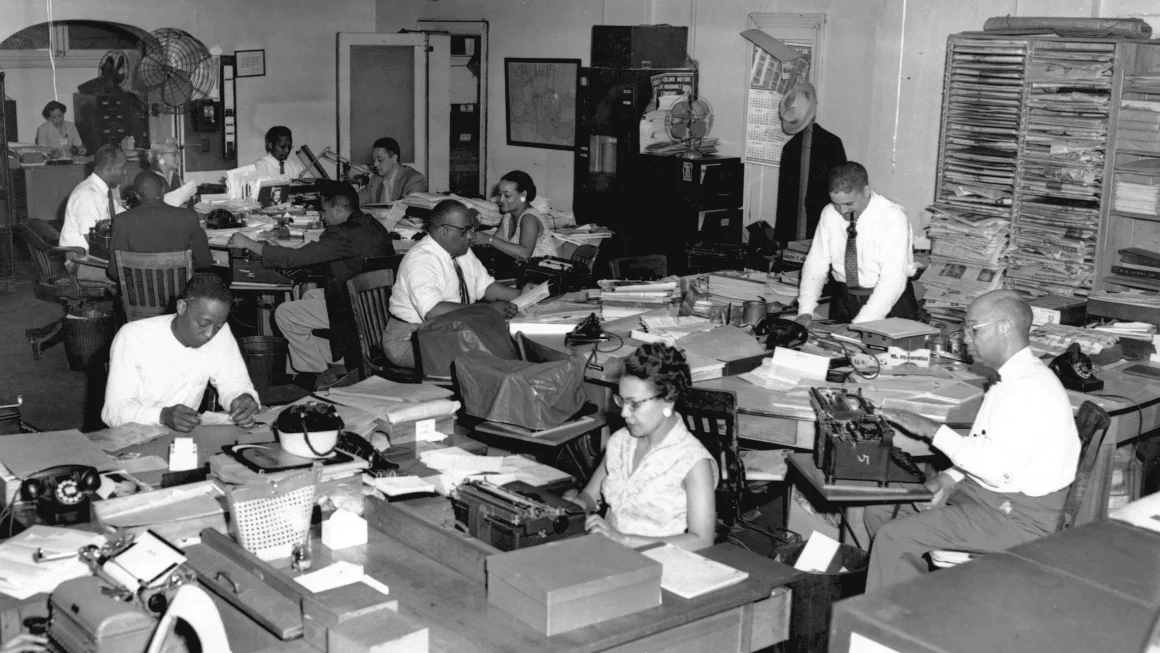
Freedom Schools and the Power of Teaching
When the Freedmen’s Bureau was defunded during Reconstruction, newly freed Black teachers did not stop. They turned their homes and churches into makeshift classrooms. Leaders like Septima Clark and Anna Julia Cooper rooted educational resistance in community, teaching literacy and citizenship in the face of Jim Crow suppression. These schools became a cornerstone of Black survival and self-determination.
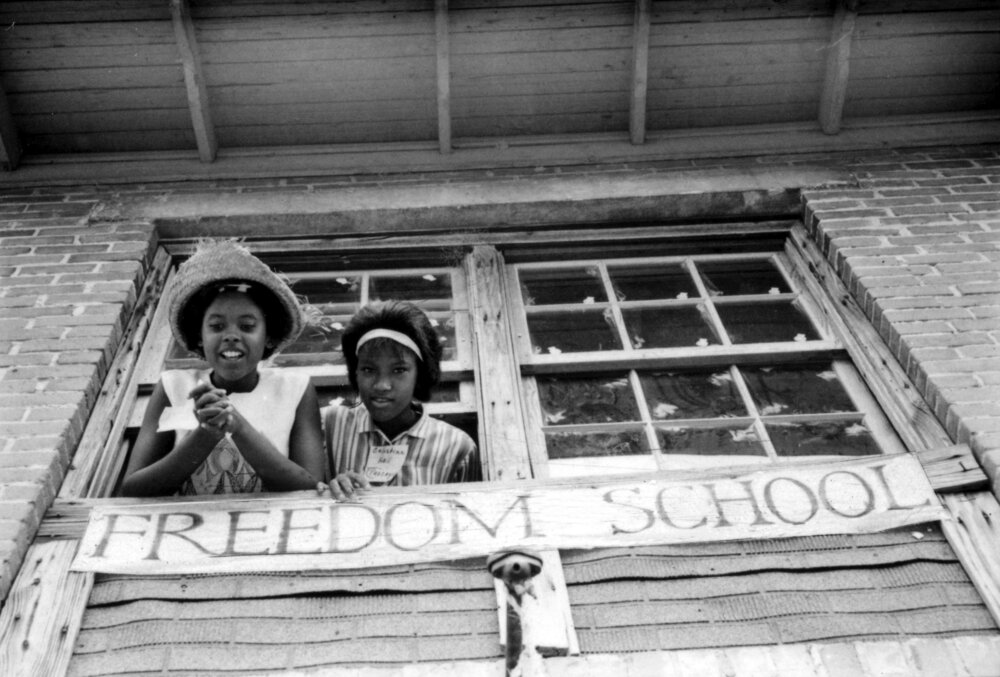
Black Farmers and Economic Resistance
When Black farmers were excluded from federal relief programs like those created under the New Deal, they responded not with silence, but with solidarity. Fannie Lou Hamer and others helped organize cooperatives and land trusts to secure food and economic freedom. Their work reminds us that self-sufficiency was always a form of protest.

Surveilled but Not Silenced
During the civil rights era, the federal government launched COINTELPRO, a program aimed at dismantling Black liberation movements. It targeted leaders, infiltrated groups and sought to sow distrust. But the movement adapted. Organizers went underground, shifted tactics and kept going. It was not the first time the state tried to break us — and it would not be the last.
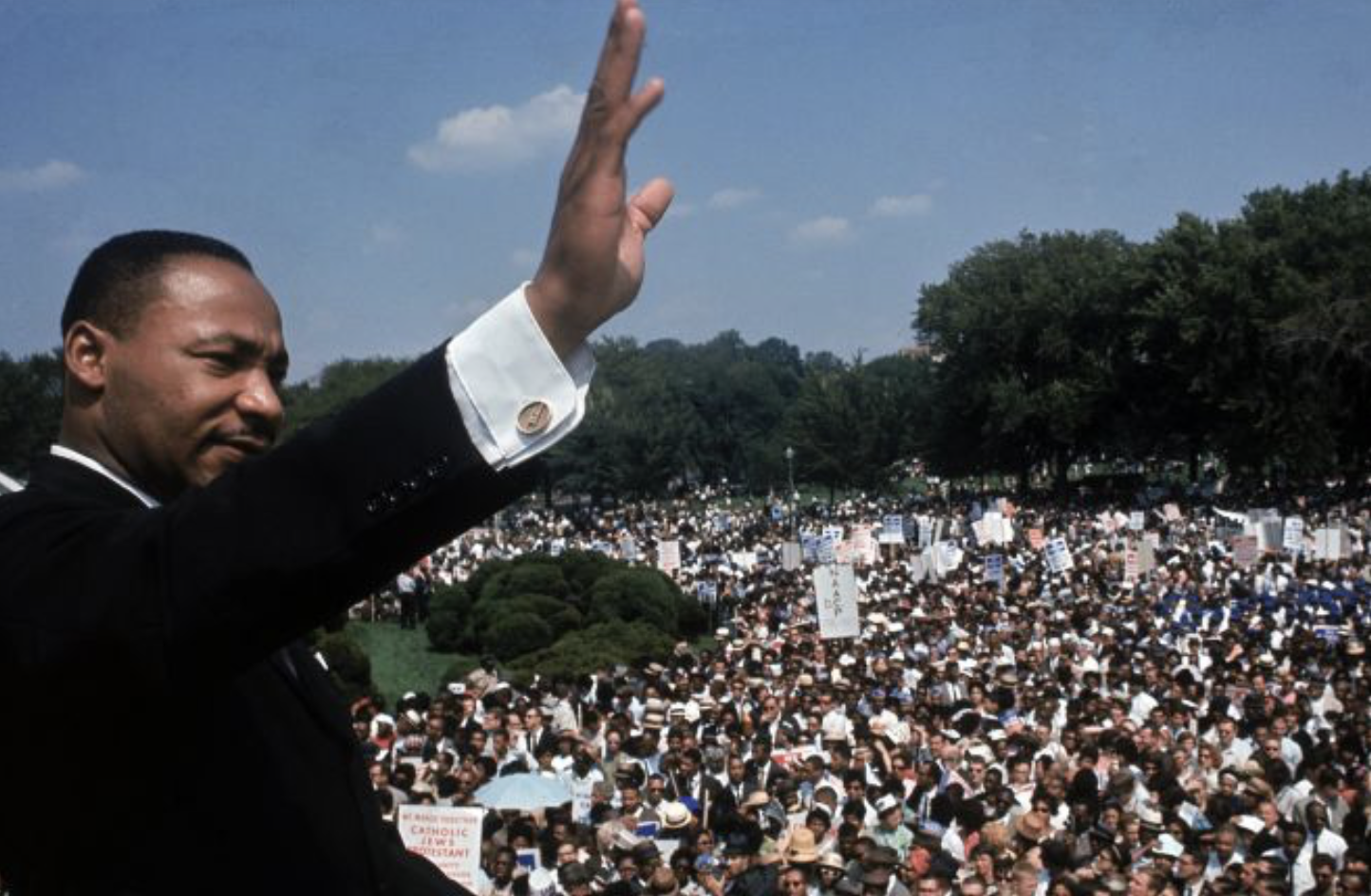
The Press That Spoke for Us
At a time when mainstream media ignored or misrepresented Black life, the Black press became our own archive. Journalists like Charlotta Bass and Ida B. Wells documented our truth, exposed violence and shaped public opinion. They proved that information was power — and that erasure could be resisted with record-keeping.
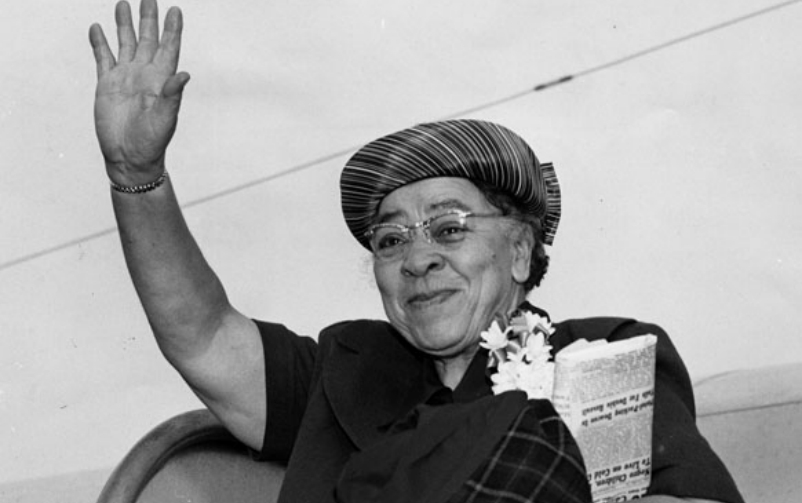
The Tradition Lives On
Today’s attempts to unravel racial justice infrastructure come as no surprise. History teaches that when Black communities begin to thrive, a backlash follows. We understand that every grant rescinded, every program closed, and every narrative manipulated is part of a larger strategy to undo progress. But we also understand how to endure. We are not afraid of starting again. We’ve done it before.
We’ve built entire movements with little more than a folding table and a vision. We’ve kept each other fed, housed, protected and organized in times far more violent and under-resourced than this moment. If history teaches anything, it’s that trying to bury Black advocacy only fertilizes the soil for what comes next.
This is not the end of our fight. It’s a familiar plot twist. And we know how to write the next chapter.
We’ve got the blueprint. We’ve got the elders. We’ve got the fire. And we’ve got each other.
Let them try to erase us. We’ve read this book before. And we’re still writing new chapters.

Joshua Levi Perrin is a writer for Unerased | Black Women Speak.


